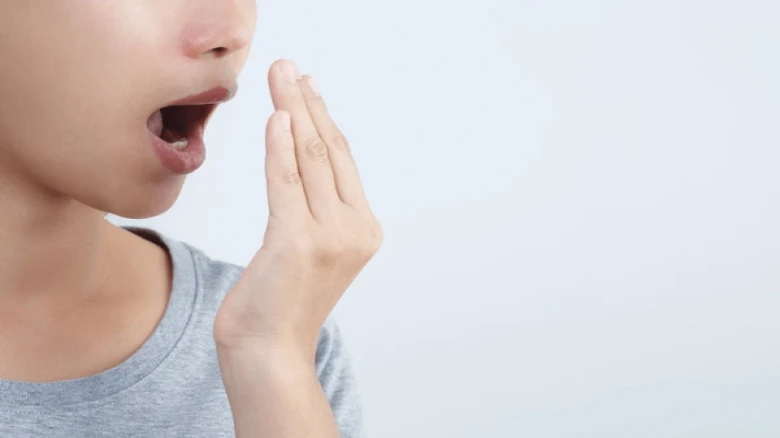According to the study, one in three (36%) of the people who had been questioned acknowledged skipping breakfast...
Digital Desk: A recent study that was published in the International Journal of Dental Hygiene revealed that kids who skipped breakfast had an almost twice increased risk of having poor breath.
According to the study, one in three (36%) of the people who had been questioned acknowledged skipping breakfast, and nearly a fifth of them also reported having bad breath. Comparing this to those who had eaten breakfast, it was noticeably more.
Remarkably, only roughly 50% of individuals who complained of foul breath were aware that they had it. Dr. Nigel Carter OBE, Chief Executive of the British Dental Health Foundation, thinks the results may contribute to the positive personal development of teenagers.
"This study is quite intriguing because foul breath is a global issue. Breakfast has long been regarded as "the most important meal of the day," and missing it can have a negative impact on a person's diet. However, there is now an additional benefit to eating breakfast that can significantly improve people's lives.
"As they navigate one of the most pivotal periods of their life, young individuals with foul breath may discover that it significantly affects their capacity to engage in regular social engagements. People who go through this social rejection could have low self-esteem, which could affect their personal growth. People can take action against foul breath by being aware of its causes."
According to the study, failing to properly wipe one's tongue is a significant contributing cause of foul breath.
The foul-smelling gases that bacteria that cover the teeth, gums, and tongue emit are typically the source of persistent bad breath. However, foul breath can also be a sign of underlying medical conditions such as kidney or liver issues, sinusitis, bronchitis, infections of the throat, nose, or lungs, or diabetes.
"Introducing an oral health education program that incorporates bad breath as a motivational tool may be beneficial in triggering teenagers into better oral health behaviour," says Dr. Carter.
"It's likely that everyone has heard of someone with foul breath, but very few are willing to talk about it. Telling someone they have foul breath is obviously a highly delicate matter. You never know, they might never talk to you again if they feel offended or ashamed! Nonetheless, once someone is aware of their foul breath, they can address the underlying cause and find a solution.
According to the study, "many are unaware that they have bad breath. It is common for people to attempt the "lick and sniff" test to detect odors in their breath. Just lick the inside of your wrist, let it a little while to dry, and then take a whiff. If the smell is unpleasant the chances are your breath is too."
In addition to suggesting a low-sugar, healthful breakfast, the British Dental Health Foundation can provide you with other easy ways to prevent bad breath. Our three best recommendations are as follows:
1. Make sure you use fluoride toothpaste to brush your teeth as soon as you get up in the evening and at least once more during the day. You should also make sure you thoroughly clean your tongue with a toothbrush or tongue scraper to get rid of any potentially dangerous bacteria.
2. Brushing only reaches around 60% of your tooth's surface; use floss or "interdental" brushes to clean in between your teeth at least once a day.
3. Schedule routine dental checkups, or as often as the dentist advises. A dentist can identify possible issues with your dental health in its early stages and can offer you guidance on how to treat them.

Leave A Comment